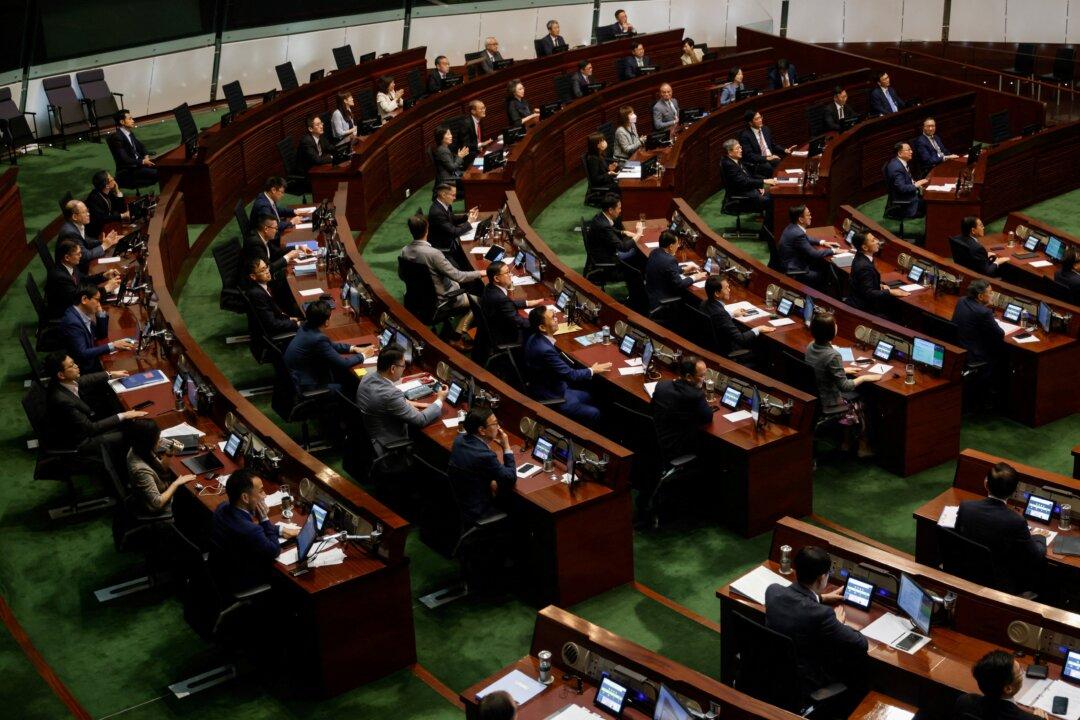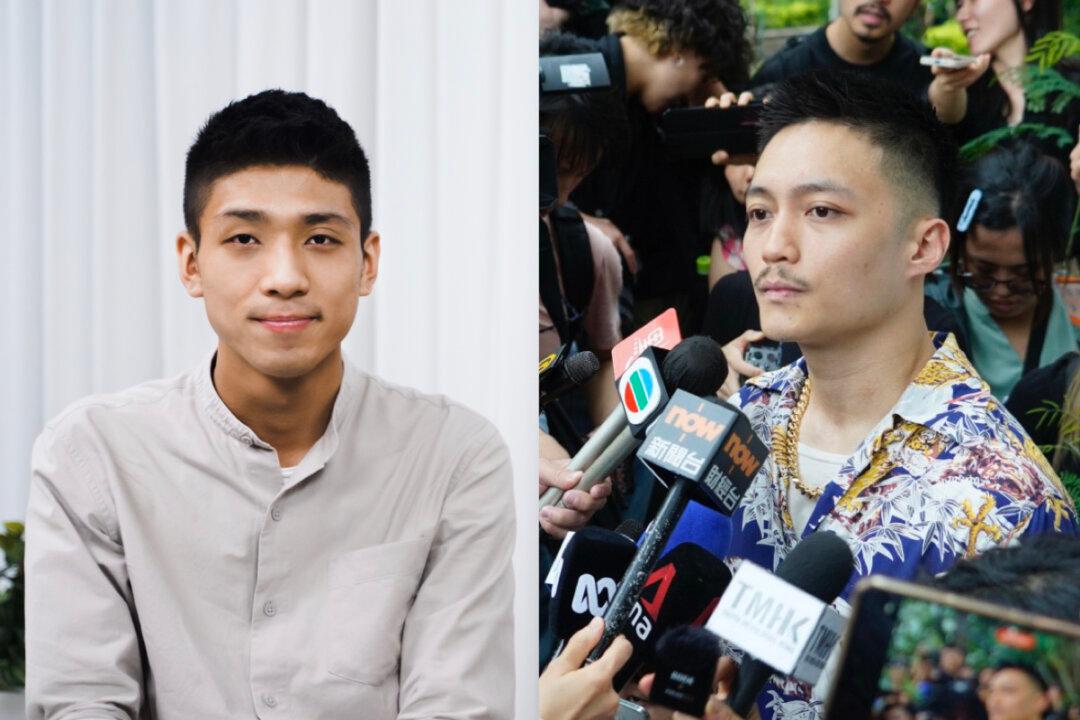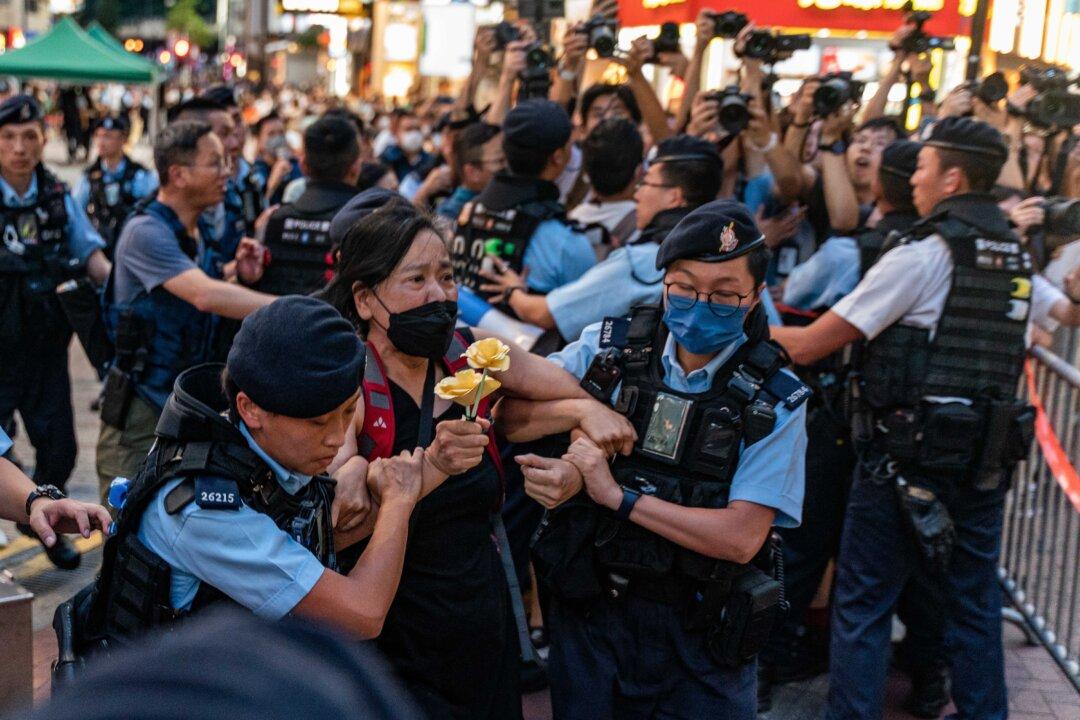The Hong Kong Legislative Council (LegCo) passed the third reading on the revision plan of the district councils on July 6, rewriting the composition of the district councils and reducing the directly elected (popular vote) seats to 88, less than 20 percent of the total. The revised composition of the district councils will almost certainly return the Chinese Communist Party (CCP) controlled factions back into the driving seat of the councils again.
The number of directly elected (by popular vote) seats has been dramatically reduced from the current 452 seats to 88, and the proportion will drop from about 94 percent to about 20 percent. The remainder of the 470 total seats will be appointed by the Chief Executive, rural committee chairpersons, and other local committees. All candidates vying for district councilor positions will be subject to vetting to ensure patriots are administering Hong Kong. Performance guidelines will be implemented to monitor councilors during their tenure and allow action to be taken if councilors move outside the prescribed procedures. The revised arrangements will ensure that the Hong Kong government has complete control of the workings of district councils.




